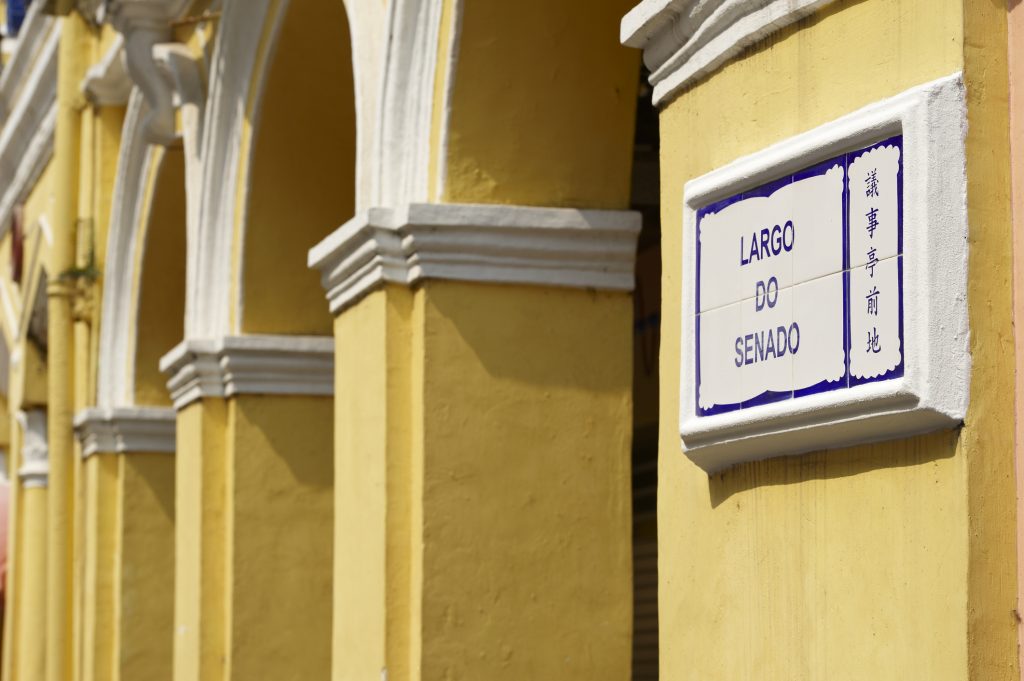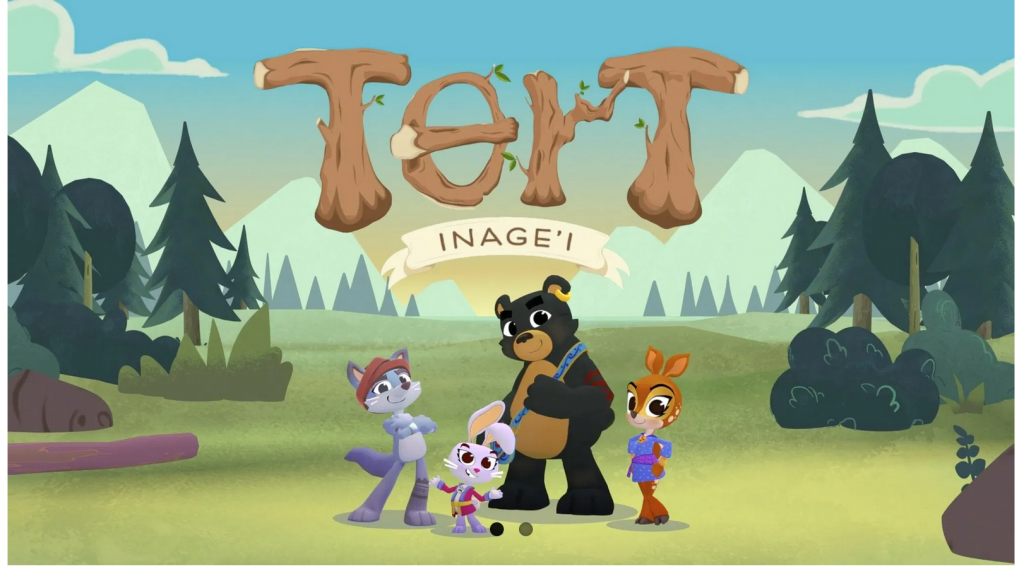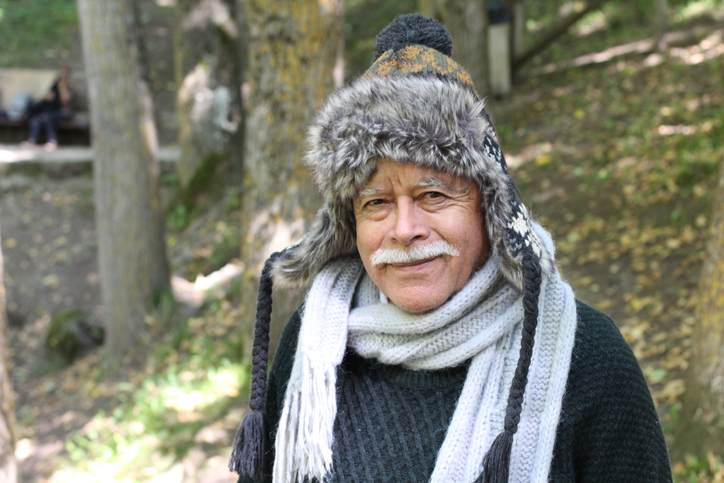A new survey of 246 agents and 111 language schools across five regions taken in July by ALTO (Association of Language Travel Organisations) and has revealed that over the summer 2020 period, both agencies and schools were expecting less than a fifth of business when compared with last year.
In all regions except Asia, schools were more pessimistic than agents. School and Asian agents’ predictions are aligned until Summer 2021, at which point Asian Agents predict lower bookings of between 5 and 10% as the year progresses. The biggest spread is between the expectation of Schools and Agents in LATAM where agent predictions are 10-13% higher than schools.
LATAM is the most optimistic, followed by Brazil, with Asia predicting the lowest percentage return of business.
International agencies consistently predicted higher percentages of bookings than most regions and represent the most optimistic group for January to August 2021, then leveling out to the average prediction of a 67% return to 2019 levels.
• Asia and Turkey put a higher priority on the Access to Quality Medical Care in the Host Country and Appropriate Insurance coverage for Arriving Students.
• Asia and LATAM prioritizes School policies and protocols regarding COVID-19 in the host country.
• Brazil prioritizes the Cost of programs over Access to, and quality of,health care.
“We need to create a stronger relationship between agents and institutions that goes further than a simple commission base relationship,” said representatives from LATAM.
Agents were asked to rate destination countries for post-Covid travel. Participants commented that their decisions were affected foremost by the government policy of the host country, air travel and access to quality medical care and the host schools Covid policy, as per the Post-Covid Language Travel Priorities listed above.
• Canada, New Zealand and Australia are consistently in the top 3 globally, in Asia and with International schools.
• Regionally, Asia prioritized New Zealand, Australia and Canada.
• Europe & Russia rank Canada, Ireland and Malta highest.
• Turkey & MENA rank UK first, followed by Canada and Ireland.
• Brazil and LATM prioritized Canada, New Zealand and Australia with the UK and Ireland in 4th and 5th position.
“When ALTO decided to conduct this research, the response and enthusiasm was encouraging. A high level of engagement and care was taken by participants. In spite of the current climate there was room for optimism and evidence of an industry-wide desire to improve our practices and collaborate. It was also clear from participant comments that there is still an appetite for language travel and a global student body with a strong desire to study abroad,” said representatives of ALTO. “The results show us the key concerns of students – affordability, government response and policy, quarantine restrictions, safety of travel, and medical care in host countries. As an industry, some of these factors are outside of our control, however, efforts can be made to mitigate those concerns. There are also core areas of the industry where we can improve.Across the board, it was recognized that this extended period of disruption presents us with an extraordinary opportunity to assess and adjust our practices. The traditional model of our business may never be the same, but a change was overdue.”
“If Agents, Schools and the rest of the industry can work together to answer the concerns of our customers, we can also address the wider issues the industry faces from a social and environmental perspective. Even for those who believe the industry can recover fast and get back to ‘normal’, there are the long-term challenges which, if addressed now, will lead to a stronger more sustainable business,” said representatives of LATAM.











